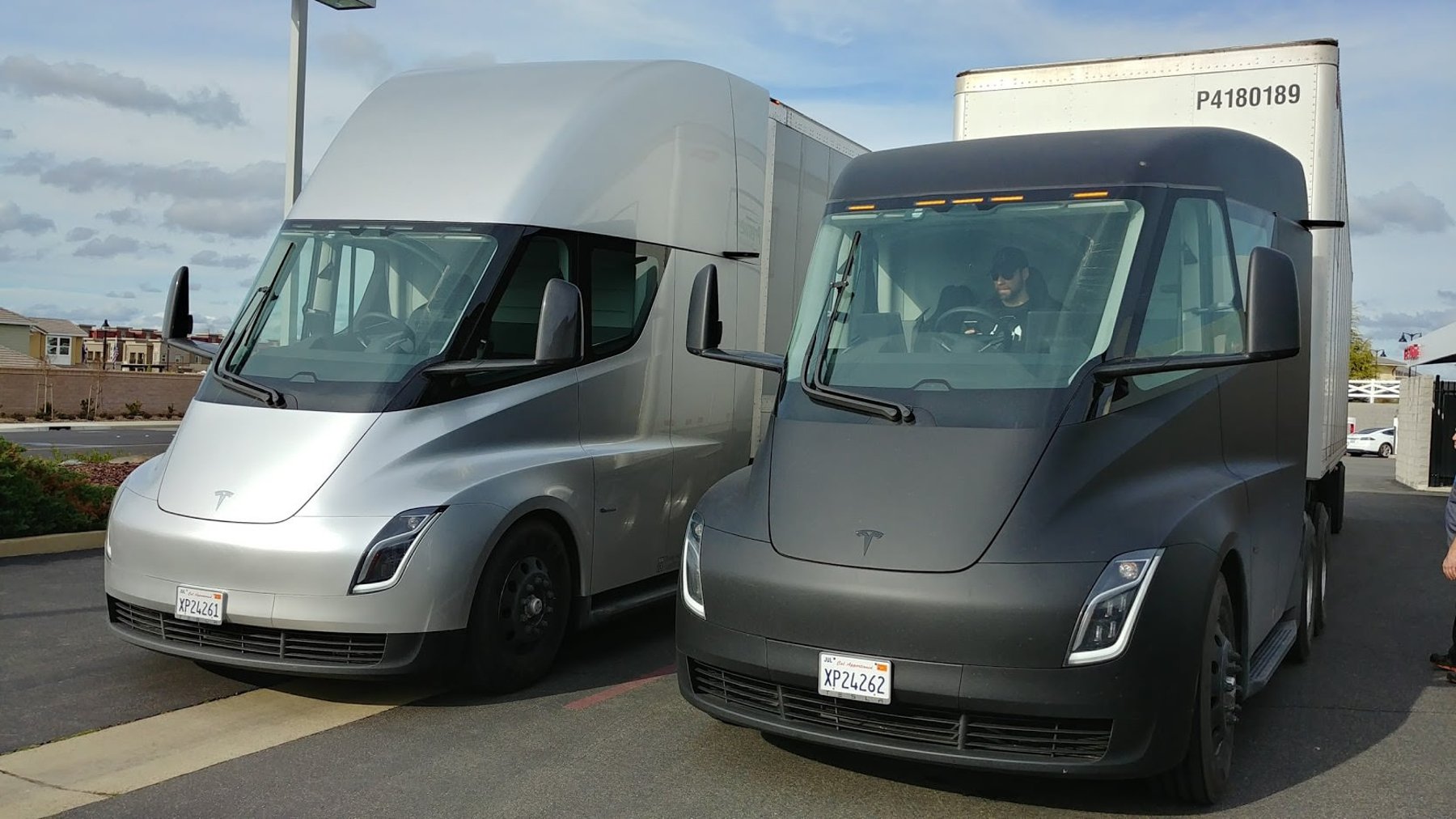Over the past decade, significant developments have been made by vehicle manufacturers and governments around the world in an attempt to transition from gas-powered vehicles to those that run on electricity. Many of the world’s largest car manufacturers have pumped billions into the industry as they aim to comply with regulations of nations like the US, which wants to see half of all vehicles sold in 2030 be “zero-emissions vehicles,” per Al Jazeera. With such extensive plans, it wasn’t long before semi-trucks became a part of the conversation due to the sheer amount of pollution the transportation industry produces.
Semi-truck manufacturers have followed in the footsteps of other major companies and committed to at least 30% of their new trucks being zero-emission vehicles, including fully electric models, by the year 2030. According to the Environmental and Energy Study Institute, a nation full of electric-powered trucks would benefit business owners and the environment. A report published by the EESI states, “Implementing zero-emission trucking could prevent 66,800 premature deaths, 1.75 million asthma attacks, and 8.5 million lost work days between 2020 and 2050—providing $735 billion in cumulative U.S. public health benefits.”
So, while the EESI and governments around the world are on board with a transition from gas-powered to zero-emission trucks, not everyone agrees with the plan. The American Transport Research Institute’s Vice President, Jeffrey Short, is one of many who believe the US is not yet ready for a complete transition to electric trucks, citing various reasons. The ATRI released a study of its own with the Capital Press. After analyzing all of the data collected from the survey, Short said it still boggles [his] mind” that anyone believes electric trucks should or even could completely replace the standard diesel-fueled Class 8s.” According to ATRI’s Vice President, the research institute found “three very large challenges” that will prohibit the possibility of a widescale transition to electric semi-trucks. These three major problems are the electricity needed to power the semis, the minerals needed to manufacture their jumbo-sized batteries and the fact that electric semis weigh almost twice as much as regular trucks.
The general consensus from Short, the ATRI, and various other groups in the transport industry is that the electric semi-truck manufacturing business isn’t at a point where it could replace diesel-powered trucks; it’s simply unrealistic. Many of the reasons are clearly said in their report. However, should the United States come up with new ideas on ways to operate their own mineral mines, increase electricity output, toughen the existing roadways, and if the manufacturers can lower the cost and weight of the electric trucks, then a transition may be possible in the future. But, as Short explained, right now, the US simply lacks the infrastructure to warrant a full translation to electric trucks. If forced, it could have dire consequences for the transportation industry and the American economy.



















